Ukraine – Interview with Ukrainian academic Andriy Shkrabyuk: “Historically, Ukrainian independence already existed at the time of the Cossacks, that is, in the second half of the 17th century. Various elements of this Ukrainian Hetmanate functioned until 1783. In addition, there was a different culture in Ukraine from the Russian one, more inspired by European customs, for example by the Magdeburg Law, with elements of separation of powers. ”
Andriy Shkrabyuk is an academic from Lviv, specialising in Greek-Catholic and Orthodox liturgies and liturgical music.
Olivier Bault spoke with him by phone on Monday evening, 28 February, on the fifth day of the Russian offensive against Ukraine.
Olivier Bault: What is the situation in Lviv at the moment?
Andriy Shkrabyuk: Even in my home, we are currently putting up a family from Kharkiv with three children. There are refugees everywhere. My wife and I are wondering whether we should send our children to Poland to stay with Polish friends. Just a moment ago, the air raid siren alarms sounded. It is like that all the time. Generally speaking, if we compare the situation with other cities of Ukraine, it is of course better, calmer, but there are a lot of tensions. There is a food supply problem because people have bought everything they can and deliveries are hampered. The situation is not yet catastrophic, but there are problems.
Olivier Bault: Have there been explosions or are they just air raid alarms?
Andriy Shkrabyuk: These are just alarms, but we also catch diversionary groups, people who, though few in number, install signage on buildings to make them easy targets. The threat of bombing is there and we do not know how it will end.
Olivier Bault: But there have been no air raids or missile attacks on Lviv yet, right?
Andriy Shkrabyuk: In the oblast, there have been such attacks on various military facilities. Not on the city itself, though, but we do not know what will happen.
Olivier Bault: What is the state of mind of people when they see what is happening in Kiev, Kharkiv and other cities where there is fighting and where their compatriots have to defend themselves against the Russian army?
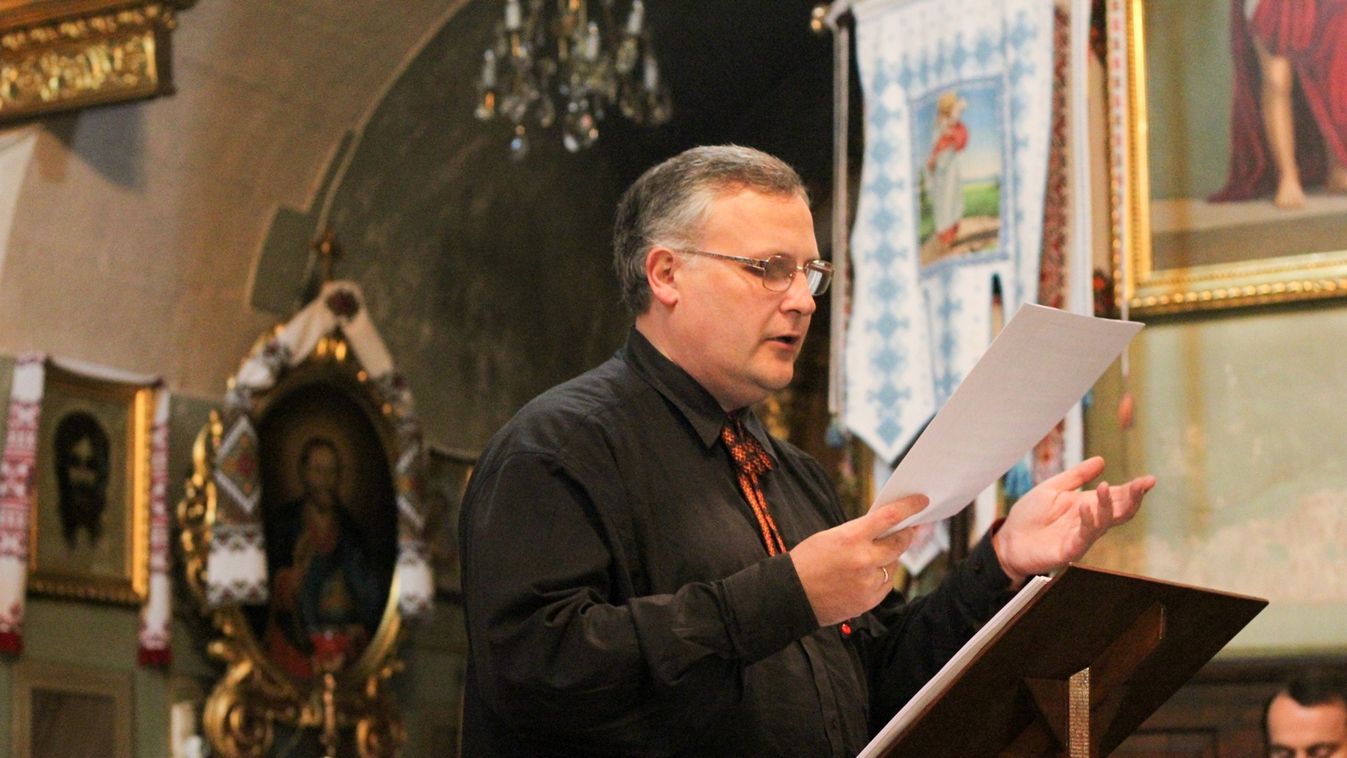

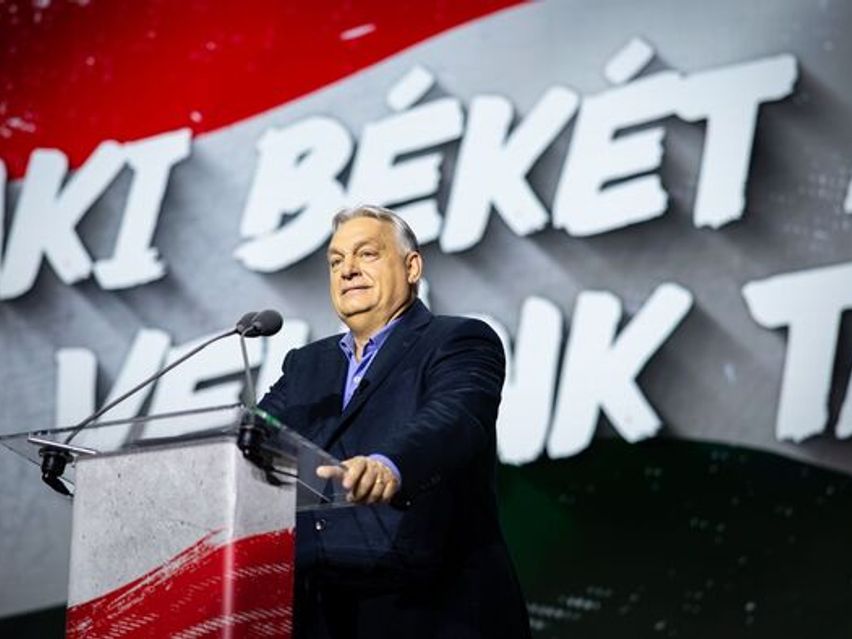
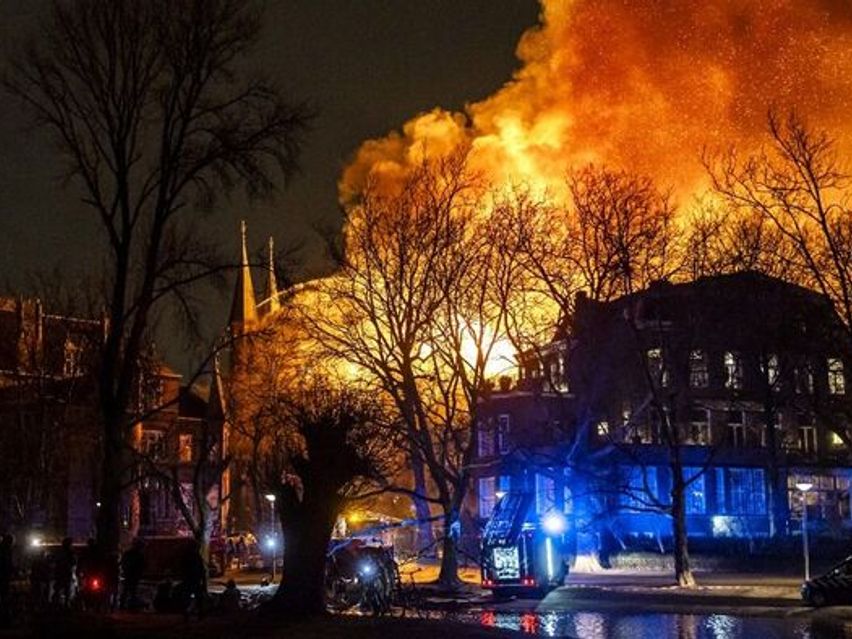




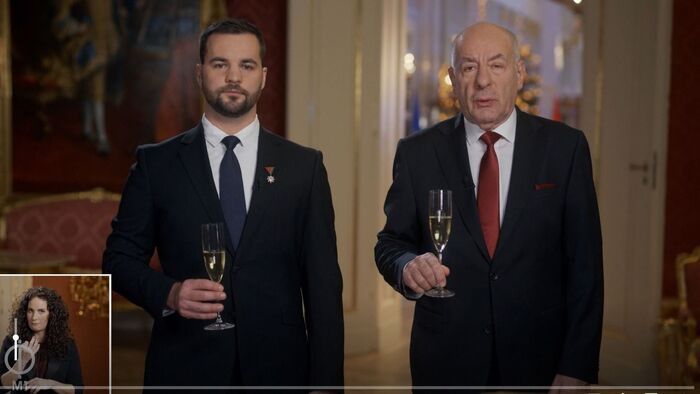

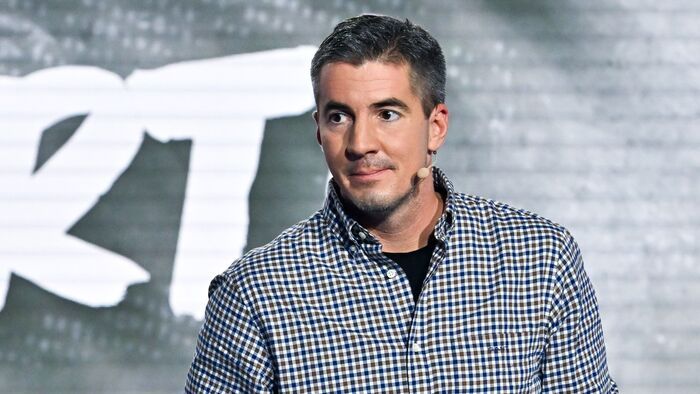
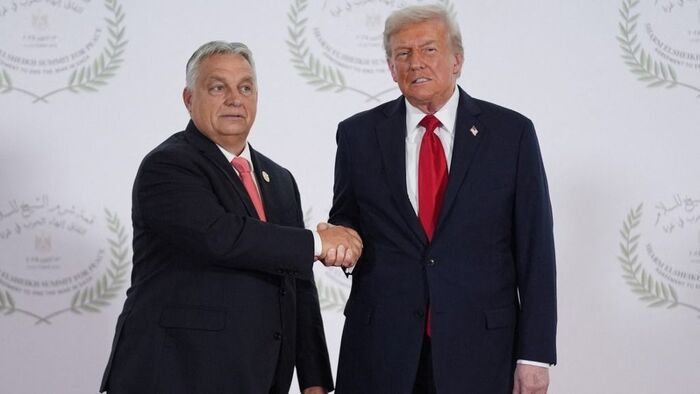
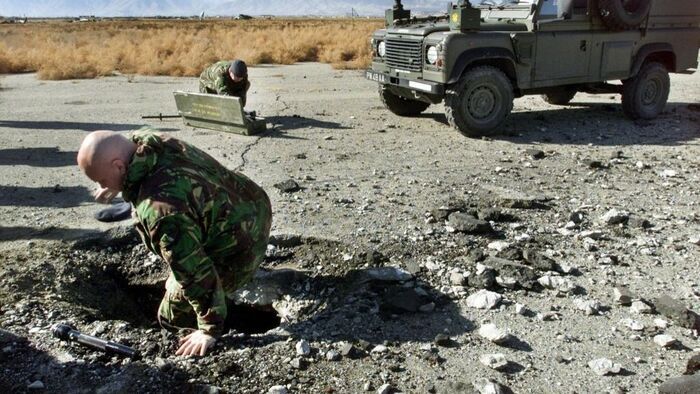
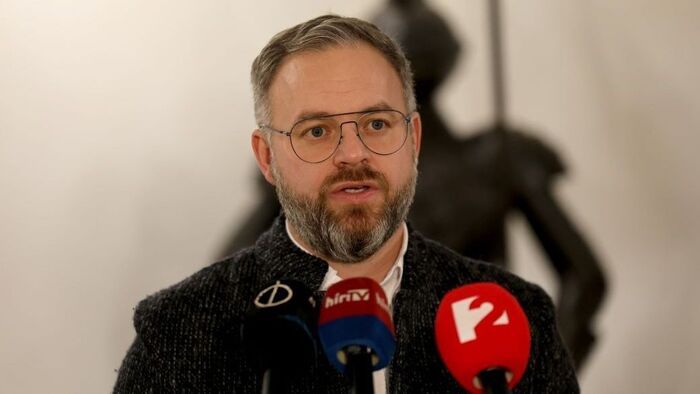
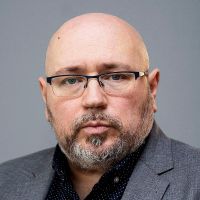
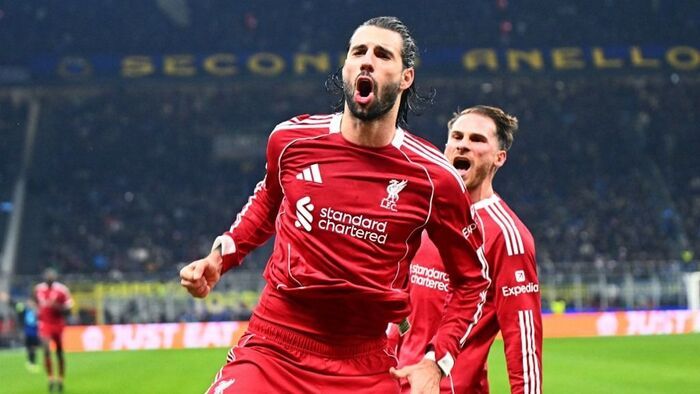
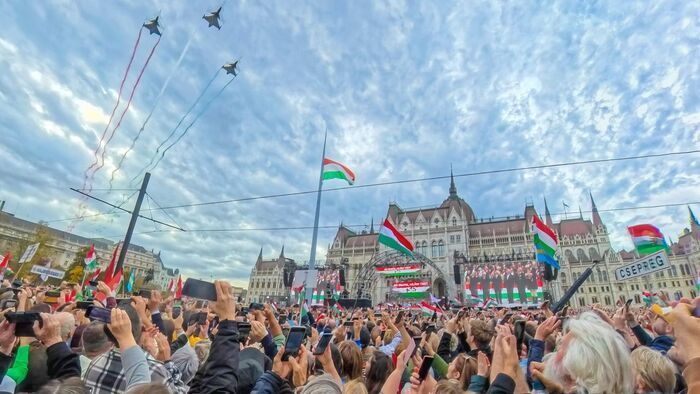


Szóljon hozzá!
Jelenleg csak a hozzászólások egy kis részét látja. Hozzászóláshoz és a további kommentek megtekintéséhez lépjen be, vagy regisztráljon!